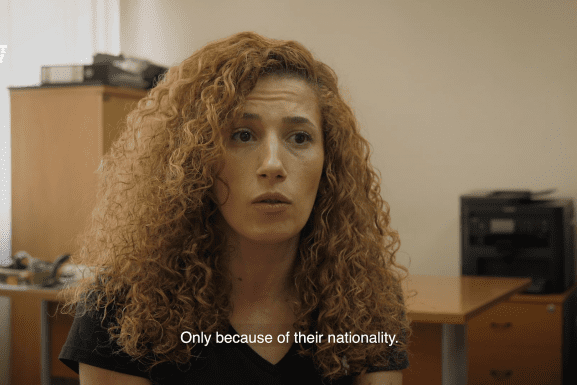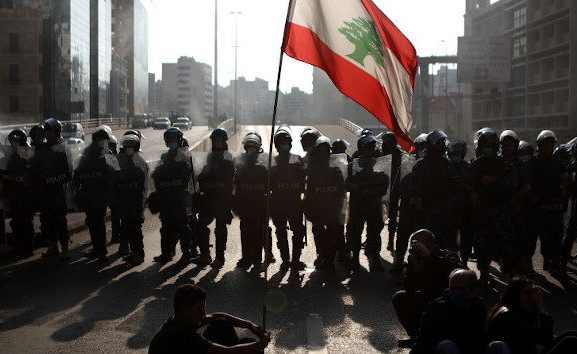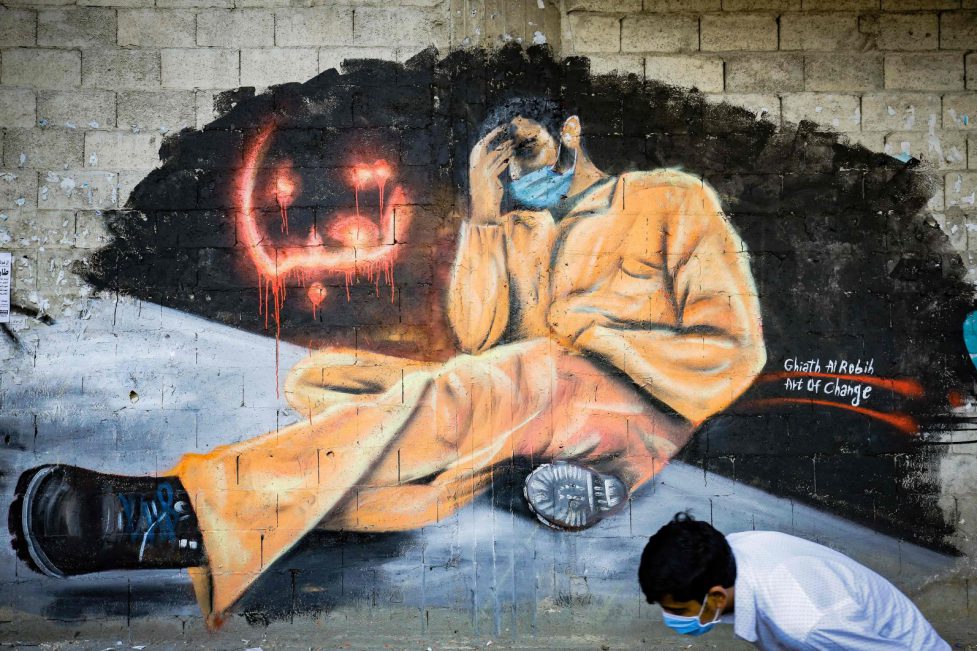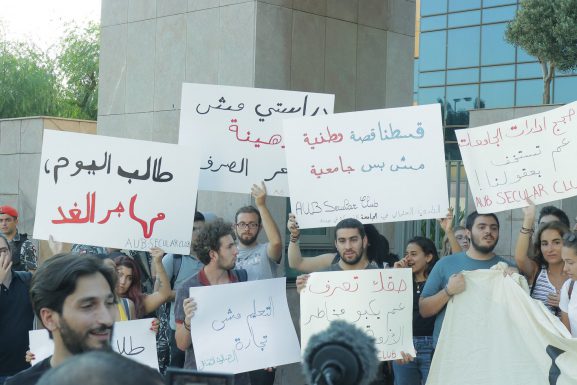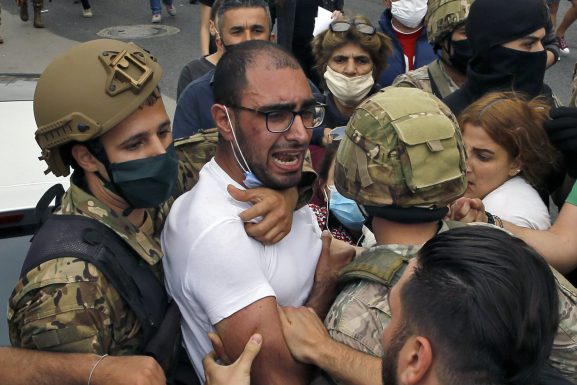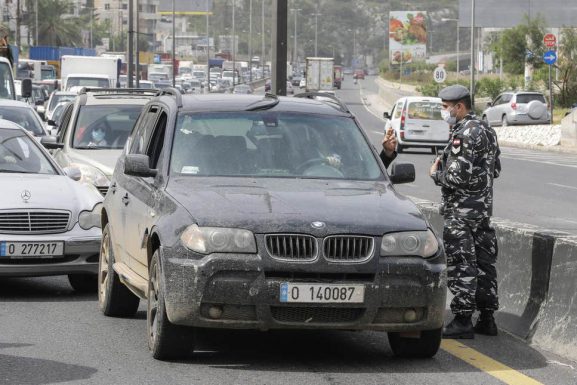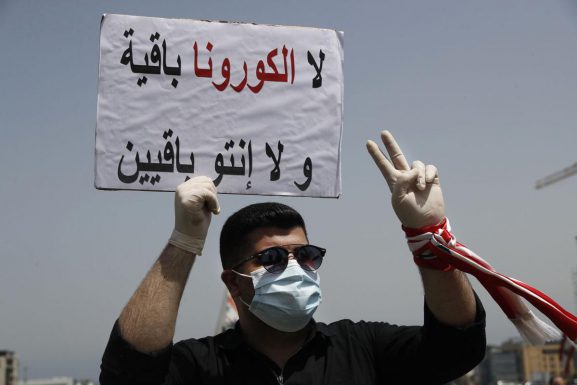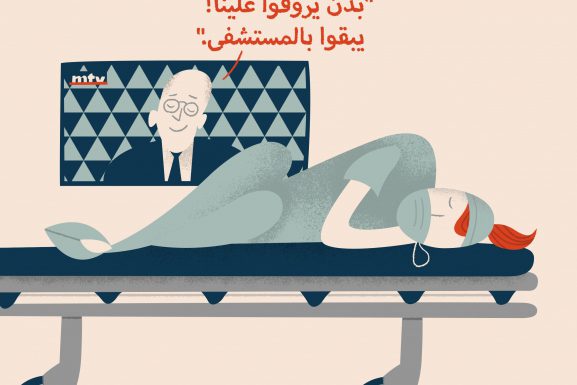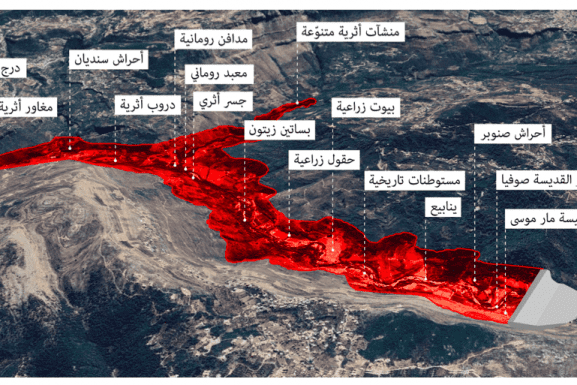When refugees fear racism, harassment, and the possibility of deportation, they are less likely to report cases of COVID-19. To...
Leadership and coordination would be important, not necessarily in a rigid hierarchy, to officially unify the demands of those who seek change.
The neoliberal economic planning and militaristic hegemony Tripoli is resisting today is deeply rooted in perceptions of Tripoli since the 1990s.
Despite not having the same services and quality of education, students are still expected to pay full tuition fees as the economy plummets.
Lebanon's army used live bullets, rubber rounds, and tear gas to disperse protesters in Tripoli, where banks are being set on fire as the economy crashes.
Mazen Harfoush’s crime is not an isolated incident. He is one of many Lebanese men who have taken the lives of their spouses to assert their dominance.
Every day that the lockdown drags on in Lebanon, women across the country face unknown futures with trepidation and fear.
As the value of the lira plummets and costs of living rise, lockdown is proving to be another economic challenge that people in Lebanon are incapable of overcoming.
These violations happen way too often for us not to talk about.
Protestors have had to forgo their streets, but have substituted this for art, illustration, writing, Instagram lives and many more.
Activists say the Bisri Dam will lead to an "environmental genocide" and fear further mismanagement of Lebanon's water resources.
More often than not, vocal critics within Hezbollah's local community are harassed and pressured into issuing formal and public apologies.


